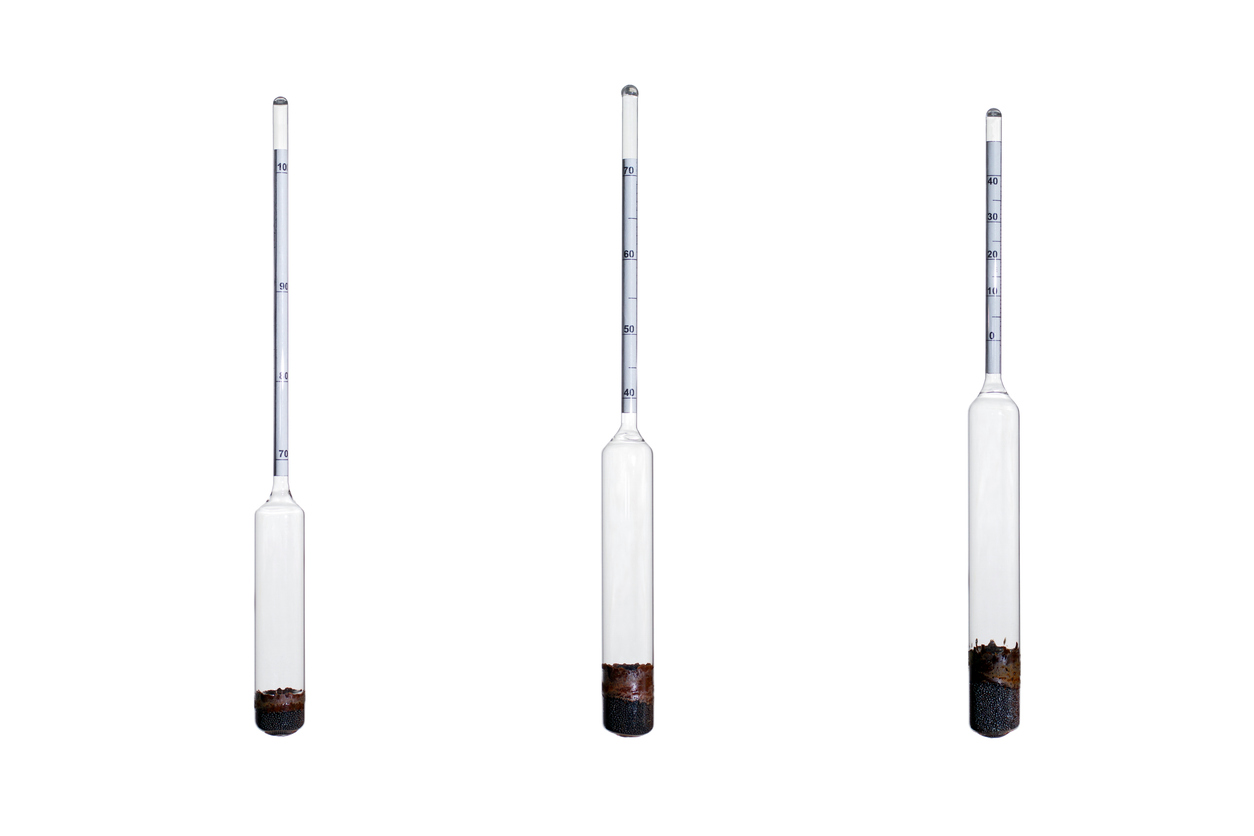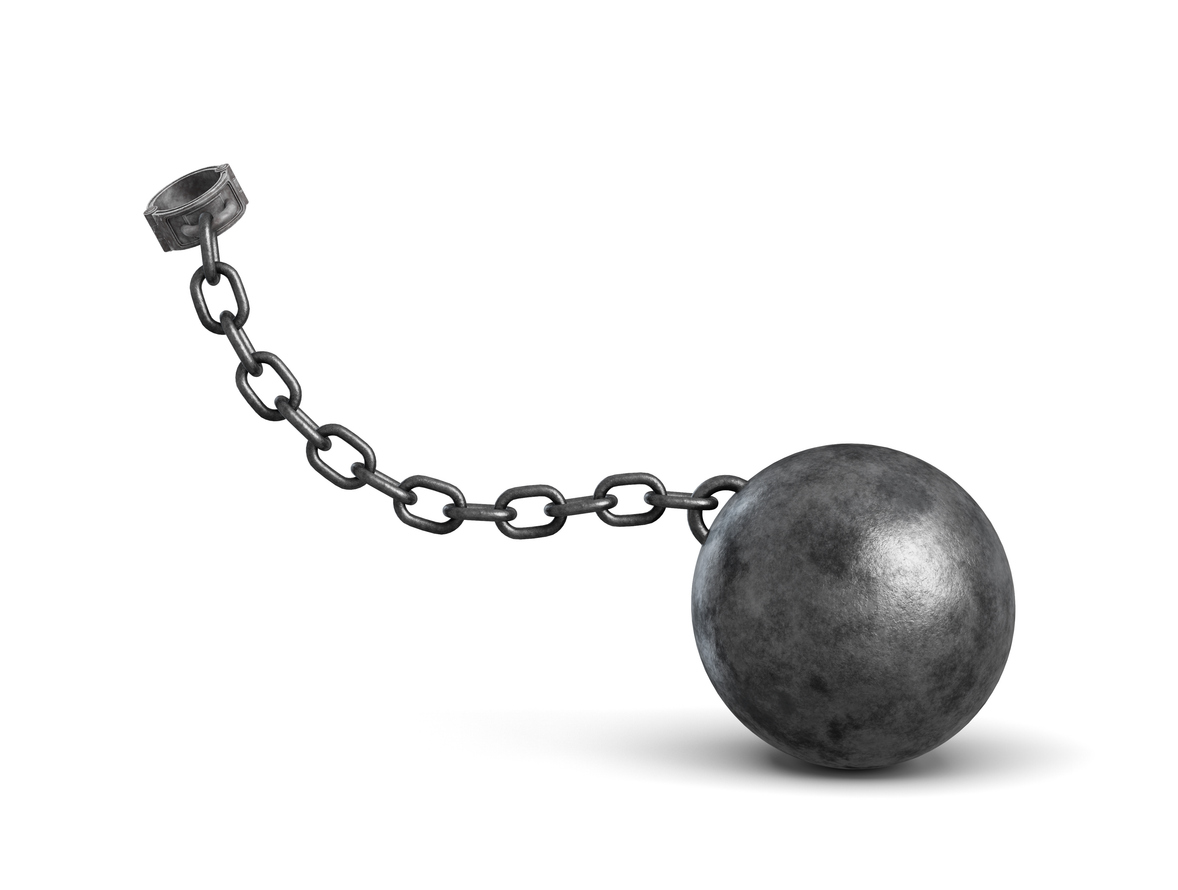How To Import Goods From Ukraine to Nigeria: A Step-By-Step Guide.
How To Import Goods From Ukraine to Nigeria: A Step-By-Step Guide.
In this article, we will provide a step-by-step guide to importing goods from Ukraine to Nigeria. We will cover the different methods and the rates of importation.
Ukraine is known for its high quality products. As an emerging country in Europe, Ukraine is also looking to diversify its export markets. This has led them to expand into Africa. With their natural resources, education system and strong workforce, it’s no surprise that Africa has responded positively towards this partnership.
How To Import Goods From Ukraine to Nigeria
There are three ways to import goods from Ukraine. The first is through the post office. This method can only be used if you have a physical address in Nigeria to send the items to. The second option is through a carrier such as DHL or UPS. These carriers provide tracking, insurance and guarantee that your items will reach your destination on time and in good condition. They also offer international shipping to more countries and are more cost-effective than the other two options. The third option is via an international shipment service (ISSS). ISSS offers guaranteed delivery within 2 weeks without any tracking or insurance and at a cheaper rate than DHL or UPS. However, this option does not provide a guarantee that your items will reach your destination on time or in good condition so it requires more research before choosing this option for your importation needs.
The rates of importation depend on the size of your shipment; 2kg of chocolate would cost €8 per kg while a container with 50kg of strawberries would cost €25 per kg. There are other factors that come into play such as weight, country of origin and value for customs clearance purposes.
What Do You Need To Import From Ukraine?
To import from Ukraine, you will need the following:
– A letter of guarantee from the Ukrainian company that is importing the goods to a Nigerian company.
– A copy of the cargo manifest and a bill of lading. These should be signed by both parties and then stamped by the local customs office.
– A commercial invoice for the goods being imported.
– An official receipt for taxes paid on an individual basis for each shipment or a declaration for export tax exemption.
If you are interested in importing from Ukraine, these are just some of the items that you will need. There are other steps in this process that we will not cover here because they vary based on product type and quantity, country information and other factors.
The Different Ways To Import Goods From Ukraine
There are three main ways to import goods from Ukraine. These include air, sea and postal shipments.
Air Shipment: This method can be done with a large shipment of goods and is the safest way to transport the goods. Air shipments can take between 3-4 weeks for the goods to reach their destination.
Sea Shipment: This method is more expensive than air shipments but also faster. The ocean takes 5-7 days for an average ship to arrive at its destination. To expedite this process, there are also faster ships that will deliver your goods in 2-3 days.
Postal Shipment: This option is only offered if you are importing small amounts of goods (less than 50 kg). If you choose this option, it can take up to 6 weeks for your package to reach its destination, which is the slowest method of all.
How Much Does It Cost To Import From Ukraine?
The total cost of importing products from Ukraine is between $2,000 and $3,000. These costs include the fees for customs clearance and VAT. The fees vary depending on the type of product you are importing. Remember that these are just estimates, so you should confirm the fees with a Ukrainian embassy or consulate before committing to importing anything.
The Average Cost Of Importation
The average cost of importation from Ukraine to Nigeria is $1,173. This includes the shipment, customs clearance and export duties. However, it’s important to note that these rates are just averages. They vary depending on the amount of goods you ship and the country you choose to ship to.
Measuring the size of a shipment
The rate at which a shipment of goods enters into Nigeria is the first step to importing them. There are different ways to measure the size of a shipment. The most common method is by weight.
To calculate the weight of a shipment, you can use the following formula:
Weight = Volume x Weight per Cubic Meter
For example, if you have 200 kilograms and it takes 2 cubic meters to carry them, then your total weight is 400 kilograms.
Another way to measure the size of a shipment is by volume. To calculate the volume of a shipment, you need to know how many cubic meters it will take up in space.
If you want to determine the volume of a container, you simply need to multiply its length and width. For example, if your container has dimensions of 20 x 8 units, then it will occupy a space that’s equivalent to 80 x 16 units.
Incoterms covering the importation of goods from Ukraine
For the importation of goods from Ukraine, it is important to note that there are four different types of Incoterms: DDP (Delivered Duty Paid), FCA (Free Carrier), CIP (Carriage and Insurance Paid) and CPT (Cost and Freight).
There are also two different definitions for the term ‘importation’. Importation can refer to both physical or electronic items being imported into a country or region. Alternatively, importing may refer to an action in which new goods are brought into a country by its citizens.
Pros and Cons of the different methods of importing.
There are many different methods of importing goods into Nigeria. This can be easily done online by filling out a trade agreement form and finding the best price.
To begin, you may want to consider the type of product you’re importing—whether it’s flowers, food, electronics or whatever it is. Each product category has its own unique set of requirements that must be met in order for them to be imported successfully. However, if your products don’t meet these criteria and you need to go through other means, you can use one of the following methods:
1) Via an agent who will take care of all the paperwork for you
2) Via an importation company that specializes in this type of trade
3) Via an accredited company who will handle all aspects for you








LEAVE A COMMENT
You must be logged in to post a comment.